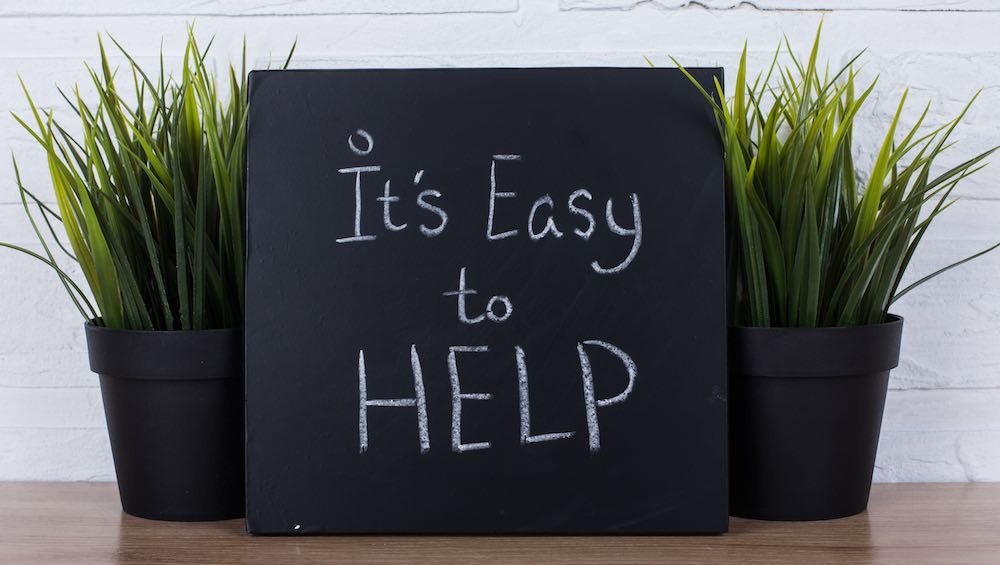
Financial Inclusion Solution for the Underserved
Exactly one week ago, my Uber ride dropped me at the footsteps of Capitol Hill to speak at the Color of Wealth Summit 2016. PayActiv was invited as one of 4 innovators to share our model for financial inclusion to underserved communities. PayActiv partners with businesses to provide workers with on-demand access to earned income, for a flat ATM-like transaction fee.
Every once in a while, a product comes along that is too good to be true. In its simplicity and precision. That was the unparalleled reception I received from businesses, academics, activists and policy-makers at the Summit. PayActiv’s no-debt alternative, strikes the menace of predatory small-dollar lending up to $500, at its core. By addressing the demand for it.
PayActiv opens access to a new source of funding, the $140 billion of weekly payroll stuck in the pipeline due to archaic payroll methods. PayActiv harnesses fintech to leapfrog systemic lags, allowing workers to better match their income and expense fluctuations. A cushion to absorb untimely financial shocks. Our product is most relevant to the 90 million Americans, with less than $500 in savings, who live paycheck to paycheck. If the need arises, a worker can instantly access up to 50% of their already earned wages. PayActiv’s solution is agnostic to income-level, credit history or banking status- equally accessible to the fully banked, under-banked and unbanked, making financial inclusion favorable. There is no invasive dipping into bank accounts and no membership fee to enroll.
When I look at the landscape of companies playing in this sandbox, I see a host of well-meaning innovations, each pushing a hip new form of debt on to smiling consumers: funky direct to consumer funds against paycheck that involve invasive checking account withdrawals to cover enterprise risk; fixed weekly membership fee to even income and bank balances whether or not the consumer is in need; or alternative forms of data-driven credit checks, to add on additional debt. Every dollar counts. At PayActiv, we believe it is a travesty that people have to borrow for daily living expenses. No more debt!
I was also met with questions of two varieties during our on-stage roundtable discussion at the Capitol Hill auditorium. (i) Will businesses bite? Asked Jerry Nemorin of LendStreet; and (ii) Will early access hurt the low-income? Asked Janis Bowdler of JP Morgan Chase.
Will businesses bite? As a B-Corp, PayActiv has made a thoughtful choice to bring employers to the table. Payroll is the only source of funds for low-income workers. We make it quick, easy and beneficial for business to provide a voluntary employee financial wellness benefit to their workforce.. Working with businesses is also in line with PayActiv’s quest to holistically solve the need for small-dollar lending. For this to happen sustainably, all stakeholders need to play their part. A growing number of businesses are signing on as part of their corporate social responsibility to workers. And our data is showing stark improvements in retention and engagement metrics for PayActiv users.
Will early access hurt workers? Embedded within this question is a common judgment that a low-income individual is unable to handle their finances. Our experience and research shows that low-income workers are managing finances day to day. Typically, once rent is paid, the ensuing days create a cash drought until the next payday. These periods of vulnerability ultimately create the demand for predatory lending. Five groups have higher odds of financial shock: those without a four-year college degree; home renters; African Americans; those earning below $40,000 annually; and those who are separated or divorced. The greater question to ask here is: are current financial systems designed to meet the needs of these segments? Creating an alternative to address the needs of this segment and spawning financial inclusion is at the root of PayActiv’s product design.
Over the course of the 2-day Summit, sentiments of participants ebbed with a recognition of the challenges we face in our communities. Whether a function of history, politics or economics, the numbers are staggering. Financially underserved American consumers paid $138 billion in fees and interest in 2014, generating from a volume of $1.6 trillion in financial activity. Sentiments also piqued with excitement for solutions like PayActiv that provide an end in sight. The highlight of the event was Senator Elizabeth Warren’s speech, when she underscored legislative efforts and the work of Consumer Finance Protection Bureau. As I left the building, I have never felt a stronger sense of optimism and validation for PayActiv’s vital innovation in this eco-system. Collectively, we can end the epidemic of financial stress faced by millions of hard-working Americans. #FinancialInclusion #PayActiv #EndFinStress
Get Payactiv for your business
Related Articles
Learn how Payactiv can help you take the friction out of pay advances with...
Compassionate workplace culture not only breeds happier employees, but also...
For many people, their first big purchase is their first car You need a vehicle...
© 2025 Payactiv, Inc. All Rights Reserved
24 hour support: 1 (877) 937-6966 | [email protected]
* The Payactiv Visa Prepaid Card and the Payactiv Visa Payroll Card are issued by Central Bank of Kansas City, Member FDIC, pursuant to a license from Visa U.S.A. Inc. Certain fees, terms, and conditions are associated with the approval, maintenance, and use of the Card. You should consult your Cardholder Agreement and the Fee Schedule at payactiv.com/card411. If you have questions regarding the Card or such fees, terms, and conditions, you can contact us toll-free at 1-877-747-5862, 24 hours a day, 7 days a week.
** Central Bank of Kansas City does not administer, nor is liable for earned wage access.
Payactiv holds earned wage access services (EWA) license number 2591928EWA with the Wisconsin Department of Financial Institutions.
Apple and the Apple logo are trademarks of Apple Inc., registered in the U.S. and other countries. App Store is a service mark of Apple Inc., registered in the U.S. and other countries.
Google Play and the Google Play logo are trademarks of Google LLC.
Galaxy Store and the Galaxy Store logo are registered trademarks of Samsung Electronics Co., Ltd.




